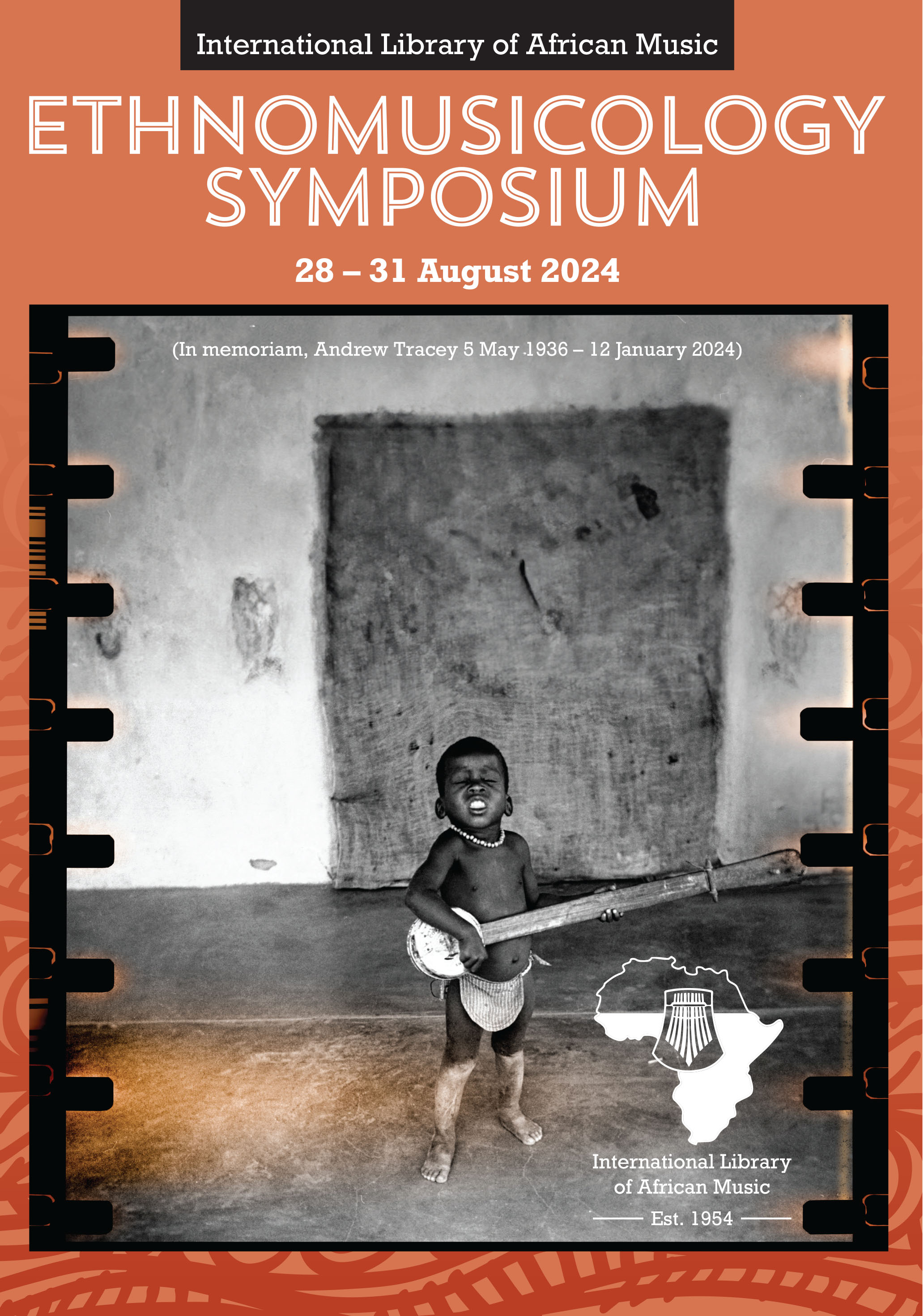
IN MEMORIUM, ANDREW TRACEY (1936-2024)
We welcome you to this historical event to celebrate the 70th anniversary of the International Library of African Music, and the life of Andrew Tracey. Andrew Tracey (5 May 1936 – 12 January 2024) implored music scholars to focus their research on the traditional music of the African continent. In the words of Geoff Tracey, his son, “Andrew’s usage of the word ‘pop’ must be seen in a specific context of his regular criticisms that African traditional music was not taught, valued, or used as a serious resource for the evolution of what gets heard most. He hated the infection of a bass drum on every beat, and the tyranny of over djembe-fying traditional music. He wished people to be informed of the depth and complexity of the musical repository of the ancestors of the continent. He considered Dizu Plaatjies’ Amampondo as succeeding in finding a way to continue with an Africanness which is about embracing the value systems and performance practices of Africa.
I feel Andrew’s use of the word ‘pop’ was to identify the tragedy of a lack of self-identity and worth, leading to a diminishment in local musical quality and a displacement of identity authorisation to the consumers of American rap etc. It shouldn’t be mistaken for a division of music into traditional and popular, with a prejudice for the latter. It is a way to present a conversational debate. Andrew embraced musical evolution. He was blessed, or cursed, with knowing what beauty exists and existed in fragile oral histories. It’s part of our mission in that sense to keep being the voice of the voiceless in terms of indigenous knowledge systems. Which comes back to a value set, enacted through musical performance.” A great deal can be discerned in his call to music scholars. If it is at all possible, how are we going to take up, pursue and sustain this challenge? What is African traditional music and how is its authority determined? This is a clarion call which brings to attention an awareness of the following: the crisis engendered by the lack of research on the traditional music of Africa and its diasporas around the globe, particularly in the Indian Ocean World, Asia and Europe; the debate as to whether or not it is appropriate to select one style of music above all others and to ignore the rest; perceptions of the ‘traditional’ over the passage of time; and the roles of scholars, institutions, including museums and archives, in the conservation and preservation of the traditional music of the continent. Another critical issue is the future of traditional music, when so much popular music of the continent, such as kwaito in South Africa and highlife in west Africa, seems already to have acquired for itself the status as ‘traditional’ musics. The main question guiding this conference is, what does the interface between the traditional and the popular reveal about the future of African traditional music?
To access the full programme click on the link below:
ILAM Ethnomusicology Symposium 2024
